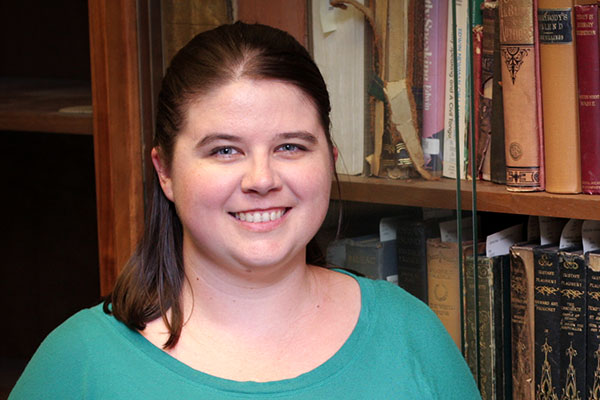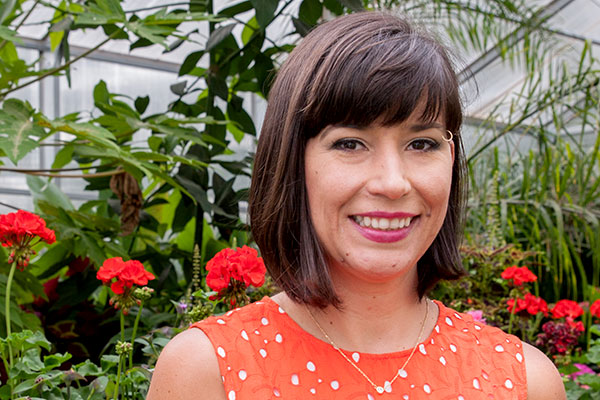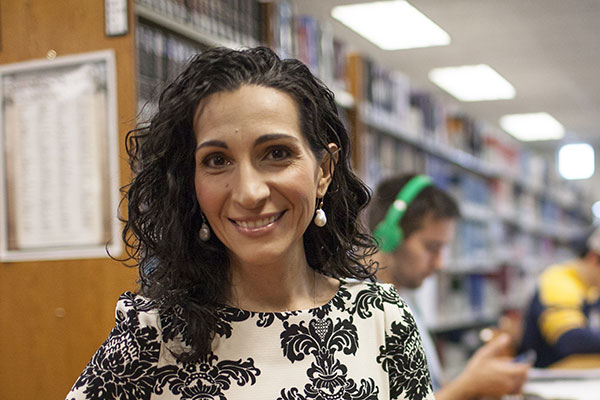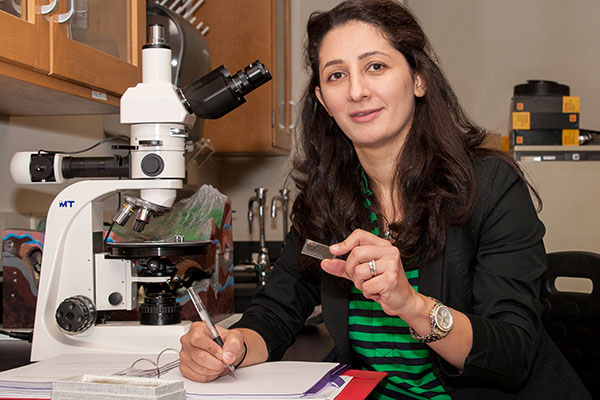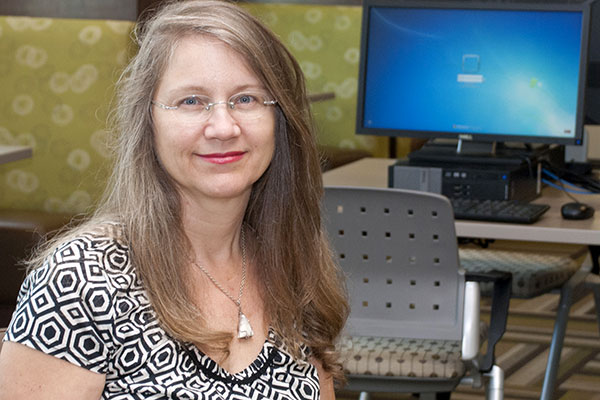Tyler Wilson
To University of North Georgia (UNG) alumnus Tyler Wilson, success is like a snowball.
"You have to get the ball rolling, but you have to have someone help roll the ball," the physics graduate said.
Wilson said UNG and faculty members Dr. Sonny Mantry and Dr. Mark Spraker put him on a path to success. Spraker is a professor and Mantry is an associate professor in the Department of Physics and Astronomy.
"They were willing to take a chance on me," the alumnus from Cumming, Georgia, said. "And it gave me the skills to conduct experiments."
Wilson found his chance during the summer 2019 semester when he participated in a Faculty Undergraduate Summer Engagement (FUSE) research project with Mantry and Spraker. Wilson developed computer-generated experiments to analyze the outcome of proton-proton collisions inside the Large Hadron Collider (LHC) in Europe. The LHC aims to uncover the fundamental laws of the universe through a study of elementary particles.
The experience led Wilson to apply for and receive two highly sought-after awards, as well as a publication in the particle physics journal, "Physical Review D."
In April 2021, he was one of two UNG students to receive the Barry Goldwater Scholarship. Known as the most prestigious undergraduate award in science, technology, engineering, and mathematics (STEM) in the United States, the scholarship is given to the most promising young scientists and future researchers.
About the same time, he received a National Science Foundation (NSF) Research Experience for Undergraduates (REU). Because of the COVID-19 pandemic, Wilson conducted the research project online through the University of Washington. He counted himself lucky to work and complete his project on the Axion Dark Matter Search Experiment (ADMX).
"Last year, more than 700 STEM students were awarded REUs and internships," he said. "Less than half got to follow through with them."
After both accolades, Wilson aimed for an internship in summer 2021. He got one with Siemens Healthineers, a healthcare technology business. The company aims to help physicians, medical staff and health care providers prevent illness and correctly diagnose and determine treatments, according to its website.
He said all three summer experiences cemented physics as his field of study, but his focus has changed.
"For the first year and a half, I wanted to be a particle physicist," he said. "If you ask me now, I could go into biomedical physics or dark matter. They are all important."
He plans to apply for the NSF Graduate Research Fellowship Program. Since spring 2019, four UNG alumni have earned the highly prestigious scholarship.
"No time will be wasted," he said, explaining his success started at UNG. "It took several steps for me to succeed and it all started at UNG."
